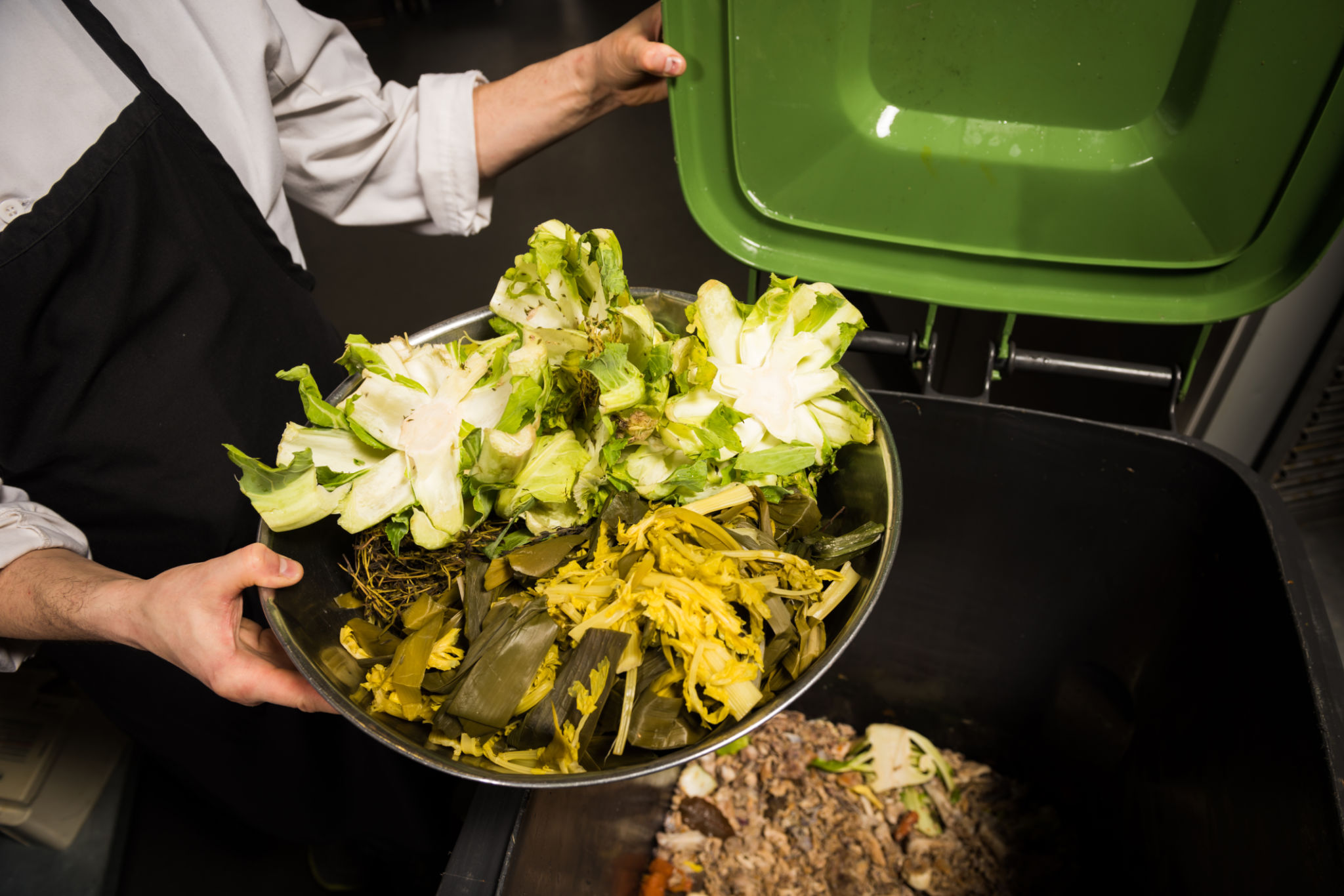Sustainable Travel Accommodations Worldwide: What to Look For
Understanding Sustainable Travel Accommodations
As travelers become more conscious of their environmental impact, the demand for sustainable travel accommodations is on the rise. But what exactly makes an accommodation sustainable? In essence, sustainable accommodations minimize their environmental footprint while supporting local communities and economies. This holistic approach to hospitality ensures that the benefits of tourism are shared by all, without compromising the needs of future generations.

Key Features of Sustainable Accommodations
When searching for sustainable accommodations, there are several key features to consider. Firstly, look for properties that practice energy efficiency. This could include the use of solar panels, energy-efficient lighting, and smart thermostats. Additionally, water conservation measures such as low-flow showers and toilets are essential.
Another important aspect is the use of sustainable building materials. Accommodations that incorporate recycled, reclaimed, or locally sourced materials in their construction are making a positive impact. Moreover, eco-friendly certifications such as LEED or Green Key can be a reliable indicator of a property's commitment to sustainability.
Supporting Local Communities
Sustainable travel accommodations often go beyond environmental efforts by actively supporting local communities. This can manifest in various ways, such as sourcing food from local farms or employing local staff. These practices not only enhance the guest experience but also contribute to the economic well-being of the area.

Furthermore, some accommodations offer cultural experiences guided by local experts, providing guests with a deeper understanding of the destination while supporting the livelihoods of community members. When choosing a place to stay, consider whether they engage in fair trade practices or invest in community development projects.
The Role of Waste Management
Effective waste management is another critical component of sustainable accommodations. Look for properties that have implemented comprehensive recycling and composting programs. Some accommodations even strive for zero waste by reducing single-use plastics and encouraging guests to participate in waste reduction efforts.

Additionally, innovative waste-to-energy systems can significantly reduce a property's environmental impact. By converting waste into usable energy, these systems help minimize landfill contributions and reduce reliance on non-renewable energy sources.
Guest Responsibility and Participation
Sustainability in travel is a collaborative effort between accommodations and guests. Many properties encourage guests to participate in sustainable practices during their stay. This can include reusing towels and linens, turning off lights when leaving the room, and participating in conservation programs offered by the accommodation.
Guests can also contribute by supporting businesses that prioritize sustainability. Choosing locally-owned restaurants and shops, using public transport or eco-friendly transportation options, and respecting local customs and environments are all ways travelers can make a positive impact.
Conclusion: Making Informed Choices
As you plan your next trip, consider the impact of your choices on both the environment and local communities. By opting for sustainable travel accommodations, you can enjoy a guilt-free holiday that supports responsible tourism. Always look for clear evidence of sustainability efforts, engage with local cultures respectfully, and remember that each small action contributes to a larger movement towards preserving our planet for future generations.
